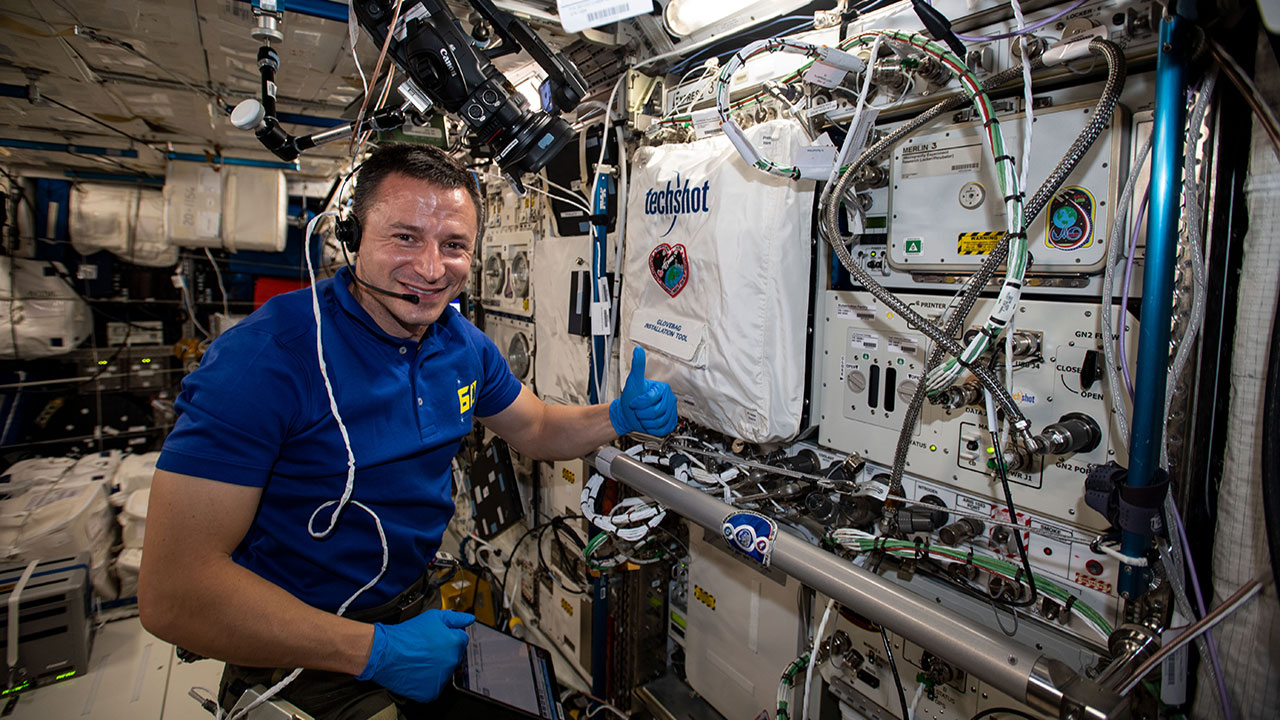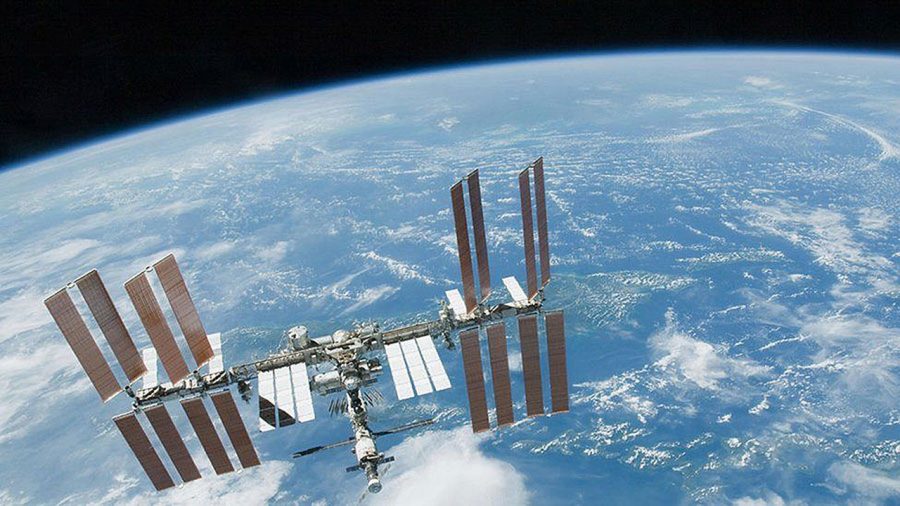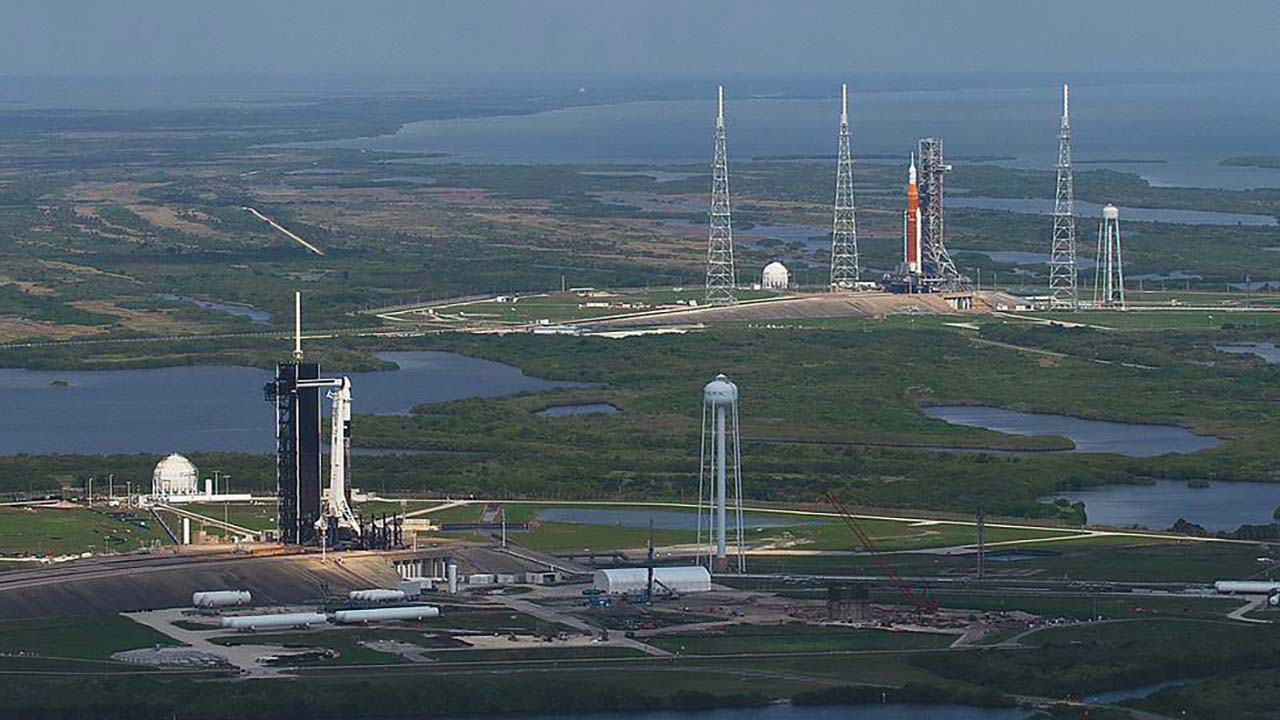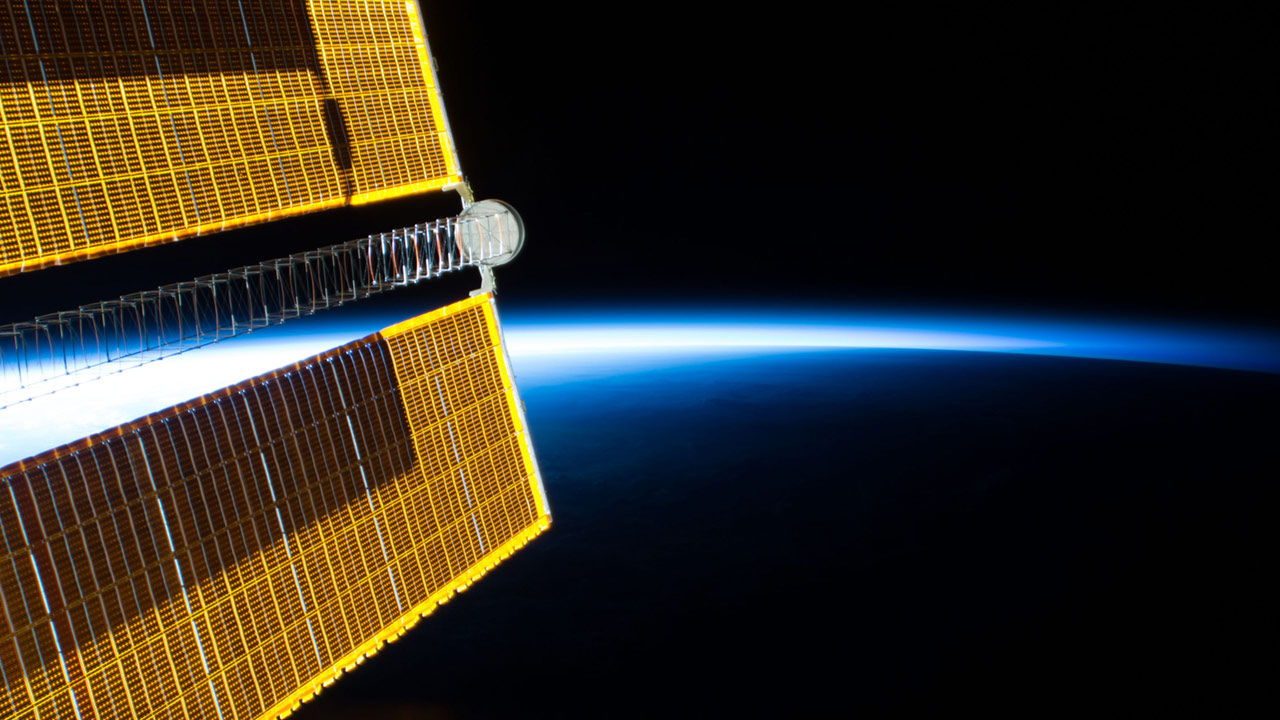Each year, the International Space Station Research and Development Conference (ISSRDC), hosted by the Center for the Advancement of Science in Space (CASIS), NASA, and the American Astronautical Society, awards individuals who have pushed the boundaries of space-based research.
Eugene Boland, Techshot, Inc. chief scientist, was awarded a 2020 ISSRDC award for innovation in commercialization and nongovernment utilization. Due to the pandemic last year, all ISSRDC 2020 awards were presented during ISSRDC 2021.
Human tissue—and perhaps even organs—could someday be 3D printed in space to help patients back on Earth, thanks to the Biofabrication Facility (BFF), developed and operated by Techshot, Inc., an International Space Station (ISS) U.S. National Laboratory Commercial Service Provider.
Techshot, along with its partners at nScrypt, successfully 3D printed and cultivated human cardiac-like tissue in BFF onboard the ISS, followed by a partial human meniscus. The BFF takes advantage of microgravity in the space environment to print human tissues without the constraints of scaffolding or structural support needed to prevent their collapse on Earth. The new technology could improve the integrity and vascularization of printed tissue, thus providing a solution for what has been a technical hurdle in ground-based bioprinting.
A culmination of more than five years of design and testing, the BFF represents a first step for a potentially game-changing technology. Tissues and even human organs printed in space could someday represent an alternative to the the use of donated tissues and organs for transplantation, which could help mitigate the organ shortage on Earth. In the meantime, Techshot’s platform serves as a tool for further tissue research and development by commercial and academic life science customers, advancing fundamental biological science in microgravity.







